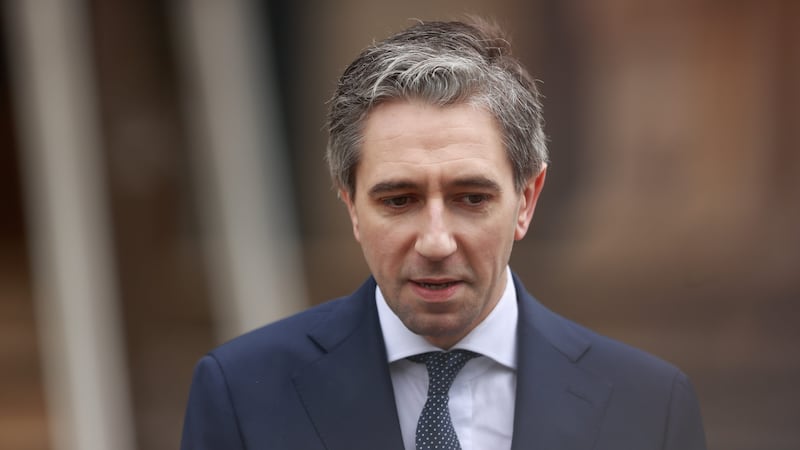A Stormont law is so draconian in preventing the identification of sex offence suspects that the name of a prolific abuser cannot even be said in court or referred to by a judge, Belfast’s High Court has heard.
The controversial law is facing two challenges – one from the publishers of the Belfast Telegraph and Irish News, and another from The Times, the BBC and other London-based media organisations.
At a judicial review hearing yesterday, Mr Justice Humphreys was told that section 12 of the Justice (Sexual Offences and Trafficking Victims) Act (Northern Ireland) 2022 is so sweeping that it should be declared unlawful.
Jude Bunting KC, for The Times, said that he could not say the name of a prolific sexual abuser.
He told the judge: “The only way in which I can lawfully do this is by drawing attention to the names in the affidavit.”
Mr Bunting said one of the individuals referred to was “probably the most high-profile case of sexual offending in recent years” but “not only can I not tell my lord that, but my lord probably cannot put it in his judgment”.
Responding to the point, the judge observed that there was no exemption in the law which allows such individuals to be named in judicial proceedings.
The legislation, which came into force last September, bans the naming of a sex crime suspect who has been investigated by police but not charged. That ban lasts for life and cannot be challenged by the media or victims.
It then extends for 25 years after death, but at that point can be challenged by the media.
The law was passed by the Assembly following a review into the law and procedures in serious sexual offences in Northern Ireland carried out by retired judge Sir John Gillen. But Mr Bunting said the legislation was “radically different”, highlighting that Sir John did not recommend post-death anonymity for suspects, nor did he recommend that the ban on naming suspects apply retrospectively.
However, he said there was no reason to believe this was “motivated by bad faith”.
The law, he added, “is not just making journalists civilly liable [as with defamation], but is criminalising their work” with a jail term of up to six months.
Highlighting The Times’ coverage of Harvey Weinstein’s sexual crimes, the barrister said journalism was central to exposing his abuse and was an example of how “names give a voice to victims”.
David Dunlop KC, for the Belfast Telegraph and The Irish News, stressed that at stake was not just the interest of the press, but of victims.
He said that the Kincora scandal could not have been reported by the media as it was.
Mr Dunlop also said that an MP or MLA could be suspected of serious sexual offences, but the media would be barred from reporting on that – even if they were debating or shaping the law in this area.
Referring to multiple judgments of the European Court of Human Rights, he said the law was incompatible with human rights legislation.
The possibility of being jailed had a “chilling effect on journalism in general, and investigative journalism in particular”, he said.
Mr Dunlop also said there was “no consideration whatsoever” given to the rights of victims who want to waive their right to anonymity to expose their abuser.
Existing defamation, privacy and data protection law already constrained the media, he said, but in each case publishers can ask a court for a ruling – unlike here, where the media cannot do so while a suspect is alive.
“This is a blanket ban, and that blanket ban is impossible to challenge,” he said.
This is a blanket ban, and that blanket ban is impossible to challenge
— David Dunlop KC
Perversely, he said, the suspect could publish an account of what they claimed they had done, but the victim could be jailed if they responded.
The judge asked if that meant a perpetrator could engage in a campaign to discredit their victim but the victim could not explain to the public why the perpetrator was doing so. Mr Dunlop said that was the case.
Senior Crown counsel Tony McGleenan will tomorrow respond for the Department of Justice, which denies that the legislation is unlawful.

